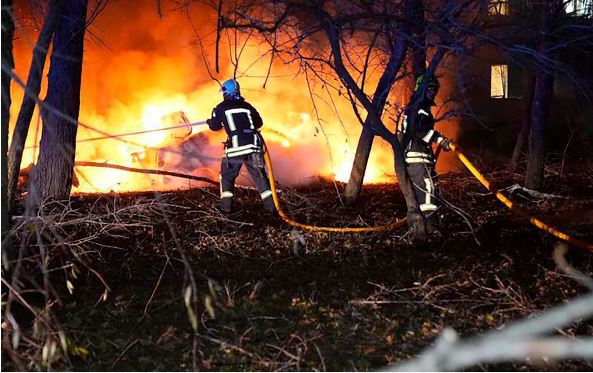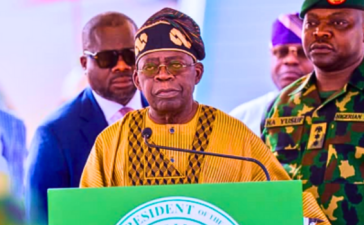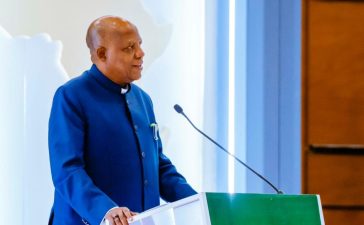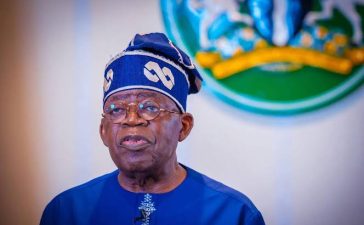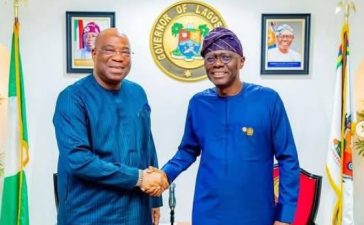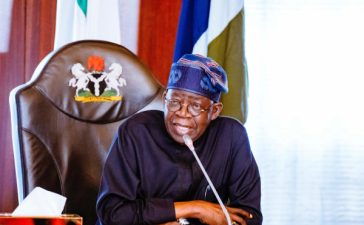As Ukraine approaches nearly 1,000 days of resistance against the Russian invasion, Western allies are intensifying calls for Ukrainian President Volodymyr Zelenskyy to consider new avenues for negotiations with Russian President Vladimir Putin.
The prolonged conflict, which has devastated Ukraine and strained global security, has prompted growing international pressure to seek an end to the fighting.
While Ukraine has held firm on its commitment to reclaim occupied territories, key allies are urging Zelenskyy to remain open to potential talks with Russia, even as the war continues to take a heavy toll on both sides.
Trump’s Promise of a Quick End to the War
In the United States, former President Donald Trump has signaled that, if re-elected in January, he would prioritize an expedited resolution to the war.
Trump, who has repeatedly criticized the Biden administration’s handling of the conflict, has promised that his approach would bring about a “quick end” to the war.
His stance on Ukraine has been polarizing, with Trump suggesting that he would pressure both Ukraine and Russia to negotiate a peace deal, though specifics on his strategy remain unclear.
Trump’s statements come as part of his broader political platform, in which he has advocated for reducing U.S. involvement in foreign conflicts and focusing on domestic issues.
His rhetoric resonates with a segment of the American public frustrated by the ongoing costs of supporting Ukraine militarily and economically.
Scholz and Macron Urge Putin to Enter Peace Talks
In Europe, German Chancellor Olaf Scholz has become one of the most prominent figures urging Russian President Vladimir Putin to return to the negotiating table.
During a phone call on Friday, Scholz emphasized the importance of dialogue and called on Putin to engage in peace talks.
Scholz, alongside other European leaders, has maintained that a diplomatic solution remains the ultimate goal, even as Germany has continued to supply Ukraine with military aid and economic support.
Meanwhile, French President Emmanuel Macron took a similar stance, suggesting that he would engage in direct talks with Putin “when the time is right.”
Macron has been one of the most vocal European leaders in calling for negotiations throughout the war.
Despite his advocacy for peace talks, Macron’s approach has been criticized by some Ukrainian officials, who argue that any discussions with Putin could undermine Ukraine’s territorial integrity and sovereignty.
Macron’s diplomatic balancing act is particularly delicate, as France has played a leading role in supplying weapons to Ukraine while also positioning itself as a mediator for peace.
The French president has emphasized that a lasting peace settlement must include respect for Ukraine’s borders and the withdrawal of Russian forces.
Zelenskyy’s Stance on Negotiations
For his part, President Zelenskyy has remained firm in his stance, declaring that any negotiations with Putin would require Russia’s complete withdrawal from Ukrainian territory.
Zelenskyy has repeatedly stated that Russia’s invasion of Ukraine is an act of aggression that cannot go unpunished, and that peace talks without a clear commitment to Ukraine’s sovereignty would not be acceptable.
Zelenskyy’s position has been supported by most of Ukraine’s people, who have shown resilience and determination in the face of Russian aggression.
Public opinion surveys consistently show strong support for the Ukrainian government’s refusal to concede to Russian demands.
However, Zelenskyy has also indicated that he is open to peace talks under the right conditions, particularly if Putin demonstrates genuine intent to negotiate.
The Pressure Mounts
As the war stretches into its third year, the pressure on both Ukraine and its allies to find a way to end the fighting is mounting.
While Western countries have provided extensive military support, including advanced weaponry, training, and intelligence sharing, the situation on the ground remains volatile.
Ukrainian forces have made gains in some areas, but the conflict has led to significant casualties and widespread destruction.
The humanitarian crisis continues to worsen, with millions of Ukrainians displaced and countless civilians affected by the fighting.
Russia, meanwhile, has shown little sign of relenting, continuing its military operations in eastern Ukraine and threatening further escalation.
Russian officials have repeatedly dismissed calls for talks, insisting that Ukraine must first meet Russian demands, including the recognition of Russian control over the territories it has occupied since 2014.
Global Reactions and the Path Ahead
The international community remains divided on how to bring the war to an end. Some nations advocate for continued pressure on Russia through sanctions and military aid to Ukraine, while others, particularly in the Global South, have called for a negotiated settlement that addresses the security concerns of both sides.
The question of whether Putin is truly interested in peace remains uncertain, but the geopolitical stakes are higher than ever.
As pressure mounts on President Zelenskyy to consider negotiations, it remains to be seen whether Western calls for diplomacy will lead to a shift in Ukraine’s strategy or if the country will continue to stand firm in its pursuit of a complete Russian withdrawal.
About the War in Ukraine
The war in Ukraine began in February 2022 when Russia launched a full-scale invasion of its neighbor. The conflict has resulted in tens of thousands of deaths and displaced millions.
Despite heavy sanctions and widespread condemnation, Russia has continued its military operations. Western nations, led by the United States and European Union, have supported Ukraine with military, financial, and humanitarian aid, while also seeking to isolate Russia on the global stage.

